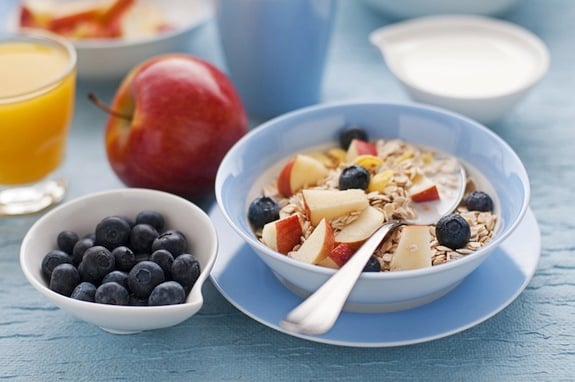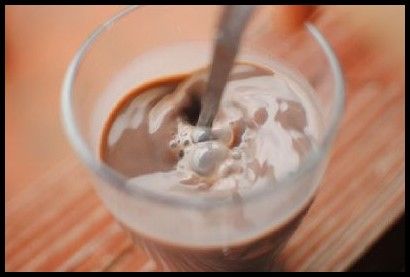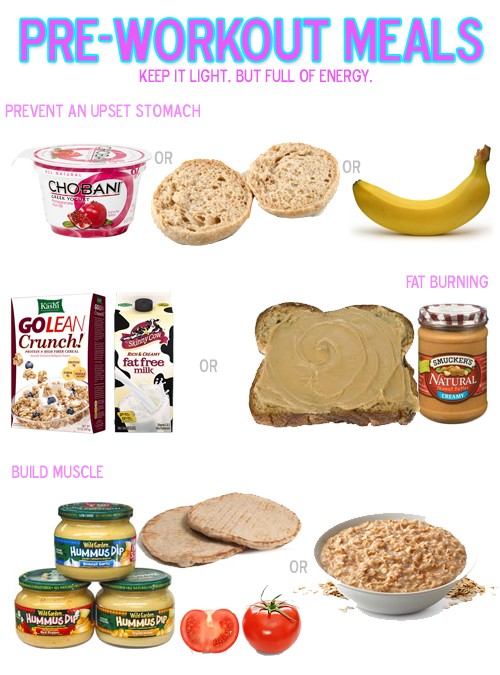- -Keep a food journal for 3-7 days. Write down EVERYTHING you take in (even those 2 oreos you HAD to have). You'll look it over and realize what you are actually consuming.
- -Next take one thing from that journal and remove it the first week. Slowly make one to two goals for every new week. (remove soda, reduce portion size, increase veggie intake, try meal prep for the week, etc.)
- -If you haven't been to the gym as much as you want write it into your schedule for the week so there are already times set aside where you know you will be able to make it.
- -If you liked keeping the food journal continue with that but maybe download one of the fitness/nutrition apps; my fitness pal, lost it, etc. These will help you keep track of your food intake and it allows you to log your exercise as well.
- -If you feel yourself getting overwhelmed take a step back, just don’t quit. No one's perfect and one bad day or week won't erase all your hard work, only quiting and going back to old habits will do that.
- -Make a lot of small goals instead of one monstrous goal that could take a year to reach. You need little victories to celebrate which will help you realize why you are working hard in the kitchen, avoiding the sweets, and dragging yourself out of bed to make the gym at 6am!





